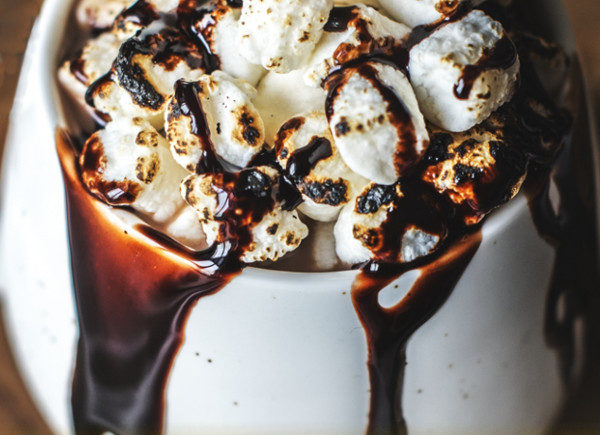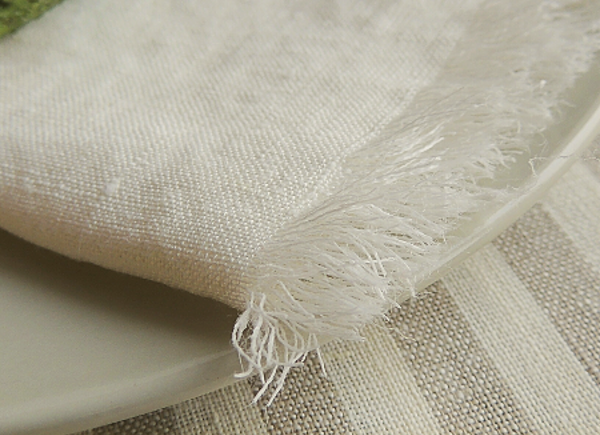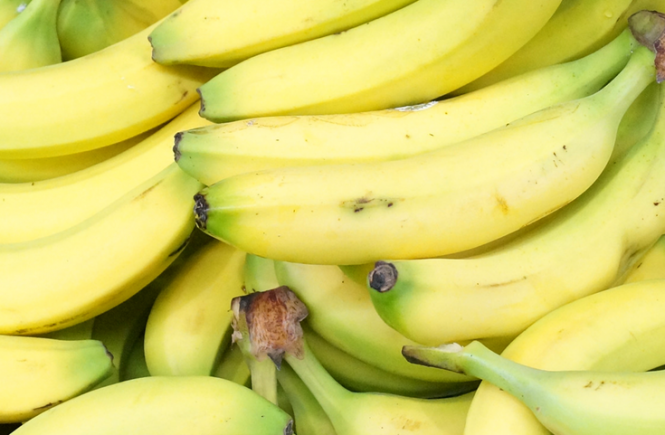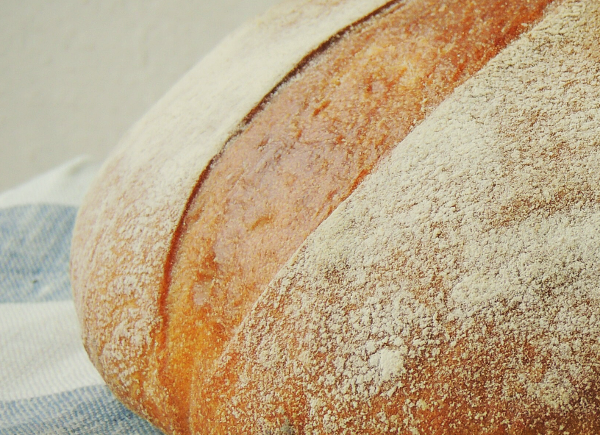Here are 7 easy tips for cutting down the amount of food you waste, because if you’ve spent your money in the supermarket, throwing that food away is like throwing money away.
Everyone wastes food somehow. It’s a significant problem for the food industry as well as for individuals.
In our society, we’re blessed with being able to access food easily. Yes, in the UK there is a growing problem of food poverty and malnutrition, but as a whole, compared to developing countries, we’ve got it easy. Most of us don’t have to fastidiously use every scrap of food, so we now have the problem of buying too much, not using it, and discarding it.
Day to day, this doesn’t feel like a big deal, because we all have to buy food, right? So what if we buy something and it doesn’t get used up? Isn’t it nitpicking?
Wasting food, wasting money
How we spend our money is our own personal business. How we use the food we buy is our own personal business. The ethical conundrum comes in the knowledge that there are people out there who have neither enough money nor enough food, and wasting either of these seems to convey disdain for those less fortunate.
But on a practical level, when you find yourself on a mission to save your money, you do need to think carefully about how you use the food you buy with that money.
Here, then, are some basic tips to help you cut down on the amount of food you waste in your home.
Tips for cutting down the amount of food you waste:
- Plan your meals in advance & write a shopping list for them
- Buy frozen goods and freeze anything that looks like it won’t last as long as you need it to
- Save leftovers and use them quickly so they aren’t forgotten about
- Get creative about adding leftover ingredients to different recipes later in the week
- Keep a stash of tinned, dried staple ingredients to help you create meals around leftover or forgotten ingredients
- Check out what keeps getting left over and thrown away
- Take best-before dates with a pinch of salt
Let’s go into a bit more detail with each…
Plan your meals in advance & write an ingredients list
I used to think I was very bad at meal planning, but the truth is that we have a general idea of what our dinners will be each week, so the autopilot setting kicks in and when we hit the supermarket, we zero in on just what we’re after. Basically, we’ve gotten into the routine of automatically planning our meals.
If you’re not accustomed to meal planning, then it might seem terribly restrictive, but it doesn’t have to be. My husband could easily eat the same thing night after night, but I just can’t; however, we have a routine in place now where we can generally throw a “fall back” meal together on little notice and we make sure that the basic ingredients are always in the house.
When I find something especially interesting (or on offer) at the supermarket, I don’t have to worry about a strict schedule because of the next tip:
Buying frozen goods & freezing short-lived goods
Because we often buy frozen meat and poultry, there isn’t a rush to use them for a planned meal if a better idea or a bargain comes along at the last minute. If we’ve bought fresh items and it looks like they won’t be used in time, we’ll put them into the freezer.
It’s worth mentioning that we’ve got a very small freezer compartment with our fridge, so we’re not exactly stockpiling or doing anything out of reach for the average family.
Saving leftovers & using them quickly
I do think some foods taste better as leftovers! Well, we don’t always end up with leftovers in our house, depending on what’s been served, but one thing I’ve learned is that you’d better use them quickly. Let’s face it, the longer you leave it, the less enticing it’ll be, until the day it goes straight into the bin.
One way to use them up quickly is to get creative, as per my next tip:
Use your leftovers as ingredients in totally different meals
Not everyone likes the idea of leftovers, but you can transform those leftover meals into ingredients to create an entirely different meal!
Lots of people know about making bubble & squeak from a leftover roast dinner, but what about incorporating mashed potatoes into other dishes, such as pancakes, fritters and rolls?
One of my son’s favourite memories is of the savoury muffins I used to make when he was younger – a basic muffin recipe with chopped ham, cheese and basically anything I had available at the time. This kind of magic recipe is a great way of using up leftover bits and transforming them for even the pickiest of eaters!
[bctt tweet=”Check out these 7 easy tips to cut down on the amount of food you waste!” username=”homelyeconomics”]
Keeping a stash of tinned or dried staples handy
Whether it’s to make your leftover transformation complete or to help your lonely, odd-one-out ingredients, you’ll likely need to call on your kitchen backup: dried ingredients like flour, rice, pasta, couscous and other grains, as well as tinned or jarred goods like tomatoes for making sauces.
Keep these dried goods well sealed and they’ll last for ages, and prove themselves indispensable when it comes to making other fresh ingredients go further.
Check on what you keep on leaving uneaten or keep on throwing away
If leaving lots of leftovers or throwing unused food away is a recurring problem in your household, the chances are you could do yourself a huge favour by going straight to the source of the issue.
If the food’s getting left on the plate, try changing what you serve or just making a bit less of it. If the food’s always languishing in the fridge until it’s discovered only when it’s way too late, then maybe think about buying less of it. Is it something you like the idea of but never actually get around to? (Thinking about you, salad.) Or is it that your fridge is so crammed you don’t actually know what’s in there?
Either way, changing your buying routine might be the solution.
Take best-before dates with a pinch of salt
I’m the chief cook in my household, but I’ve noticed that my husband, who has only recently learned to cook, is very wary of getting things wrong. Specifically, he worries much more than I do about expiry dates.
I’ve learned over the years to trust my eyes and nose more than a printed date on a package. It’s important to remember that “best by” dates are just optimum guidelines, and “sell before” dates don’t apply to consumers – they’re for the retailers.
In short, would you eat something that looked and smelled rancid if the date told you it was fine? No – you’d use your senses and make your own decision. Don’t waste perfectly good food because of an arbitrary date on the packaging!
Over to you…
Well, those are some basic tips for cutting down on the amount of food you waste. I’d love to hear your take on these as well as your tips. If you want some more unusual tips, then have a look at this post!




